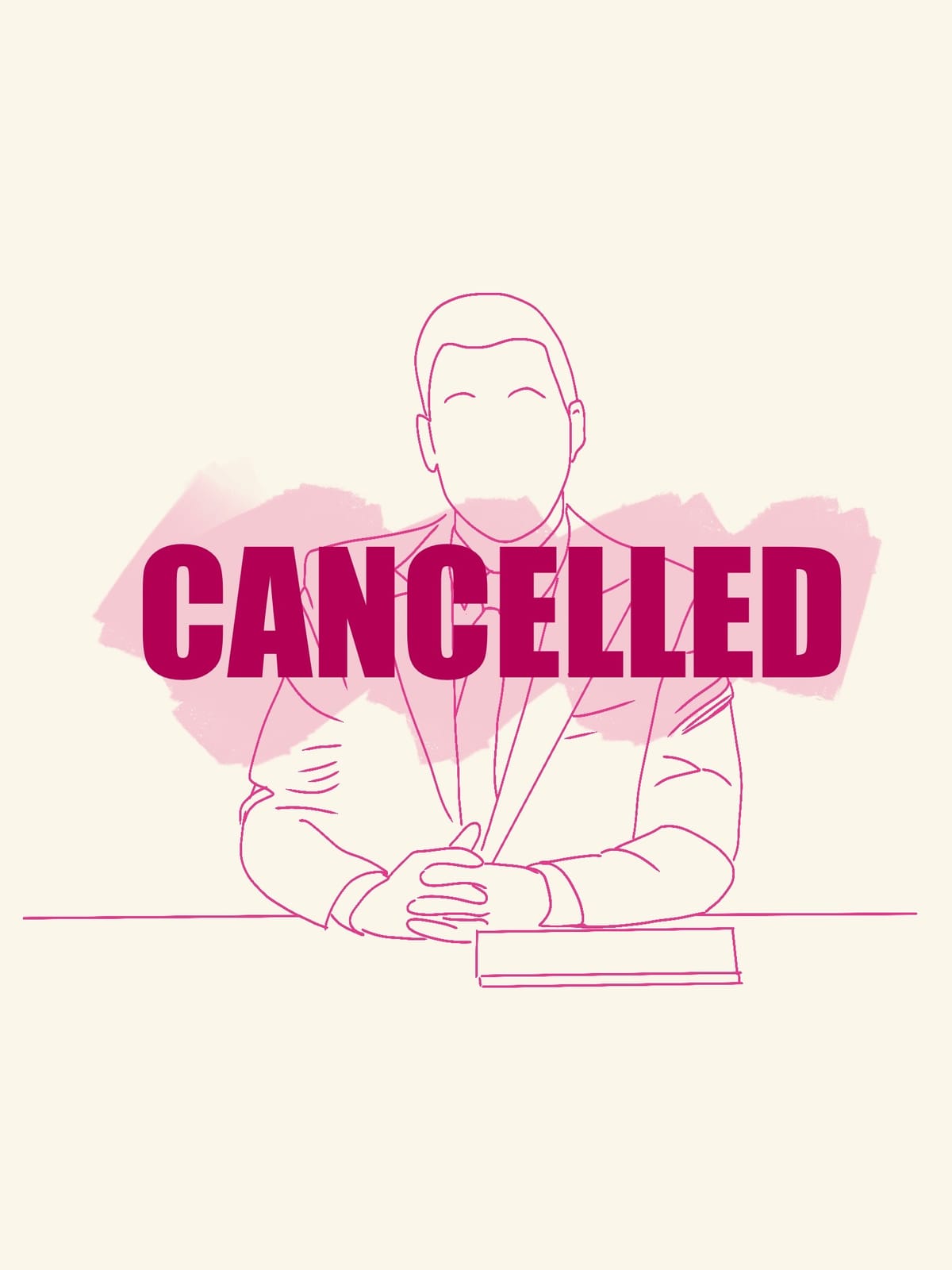Cancel Culture and Morality: Are Online Mobs Ethical Arbiters?

Late-night talk show host Jimmy Kimmel recently sparked a media hype after a controversial monologue about the assassination of conservative activist Charlie Kirk. As a result, ABC announced the suspension of Jimmy Kimmel Live!. Unfortunately, the reality of modern life demonstrates that the role of social media is increasingly expanding, enabling online communities to form collective judgments and determine victims. Social media significantly boosts the power and speed of anger, creating an uncontrollable launch. While such a rapid distribution of feedback enables individuals to be held accountable for their actions, sometimes the high speed of processes leads to disproportionate responses.
“Cancel culture” was one of the most contentious phrases over the last decade. Some viewed it as a means of accountability, allowing ordinary civilians to hold celebrities and organizations responsible. It is claimed to be a form of digital mob justice. By that, I mean that this is a mistake driven by vengeful emotions rather than true justice. Social media has transformed the planet into a gigantic public stage; everyone has a microphone, but the question is obvious: can online mobs practice real intelligence?
Comedian Shane Gillis from Saturday Night Live in 2019, was let go after his old racist and homophobic comments resurfaced online. Outrage left no room for context, explanation, or growth. The public verdict was immediate and decisive, and we got to see how digital mobs operate drastically differently from real-world systems of justice. While accountability is important, the ethics of rushing to judgment without nuance remain questionable.
So who decides what behaviour is unacceptable in the public eye? Influencers, journalists, and celebrities can all amplify outrage and influence public opinion. When James Charles allegedly partook in messaging inapporpriately with minors and went viral, and the social media delivered instant consequences like brand drops and subscriber loss. Even without a formal investigation, he suffered consequences. This demonstrates how online communities wield enormous power, but often without accountability themselves.
Cancel culture can help contribute to issues that traditional institutions ignore, like sexual harassment or workplace discrimination. The #MeToo movement leveraged social media to hold men with power accountable in Hollywood and beyond. People like Harvey Weinstein and Matt Lauer were exposed. In this context, collective moral judgment served as a positive tool where formal systems had failed.
However, the system has cons. Public figures can be targeted for minor infractions, jokes, or statements taken out of context. Kevin Hart stepped down from hosting the Oscars in 2018 after his old homophobic tweets resurfaced, even though he had publicly apologised years ago. So how much punishment is valid, and should past behaviour indefinitely define someone’s reputation? Social media is quick to judge, but slow to forgive or consider repent, which complicates the ethics of online justice.
Cancel culture also reflects shifting social norms. Generational differences play a role in how behaviour is perceived. Younger audiences prioritise inclusivity, sensitivity, and accountability that older generations did not. For example, Friends was critisised for its problematic jokes and of gender and race portrayals, and this illustrates how modern audiences reinterpret cultural icons through moral lenses of a new era. What was once widely accepted is now scrutinised, highlighting evolving ethical expectations.
Despite its flaws, cancel culture has undeniable value. In a way, it democratises accountability, with ordinary people able to call out issues otherwise ignored by legal systems. It can push institutions to take action and give voice to marginalised communities. But it is volatile and often blind to context.
Online mobs are imperfect moral arbiters. They can do good, but they can also harm. The ethics of cancel culture depend on responsibility. Social media will continue to evolve, and so will our understanding of digital morality.
